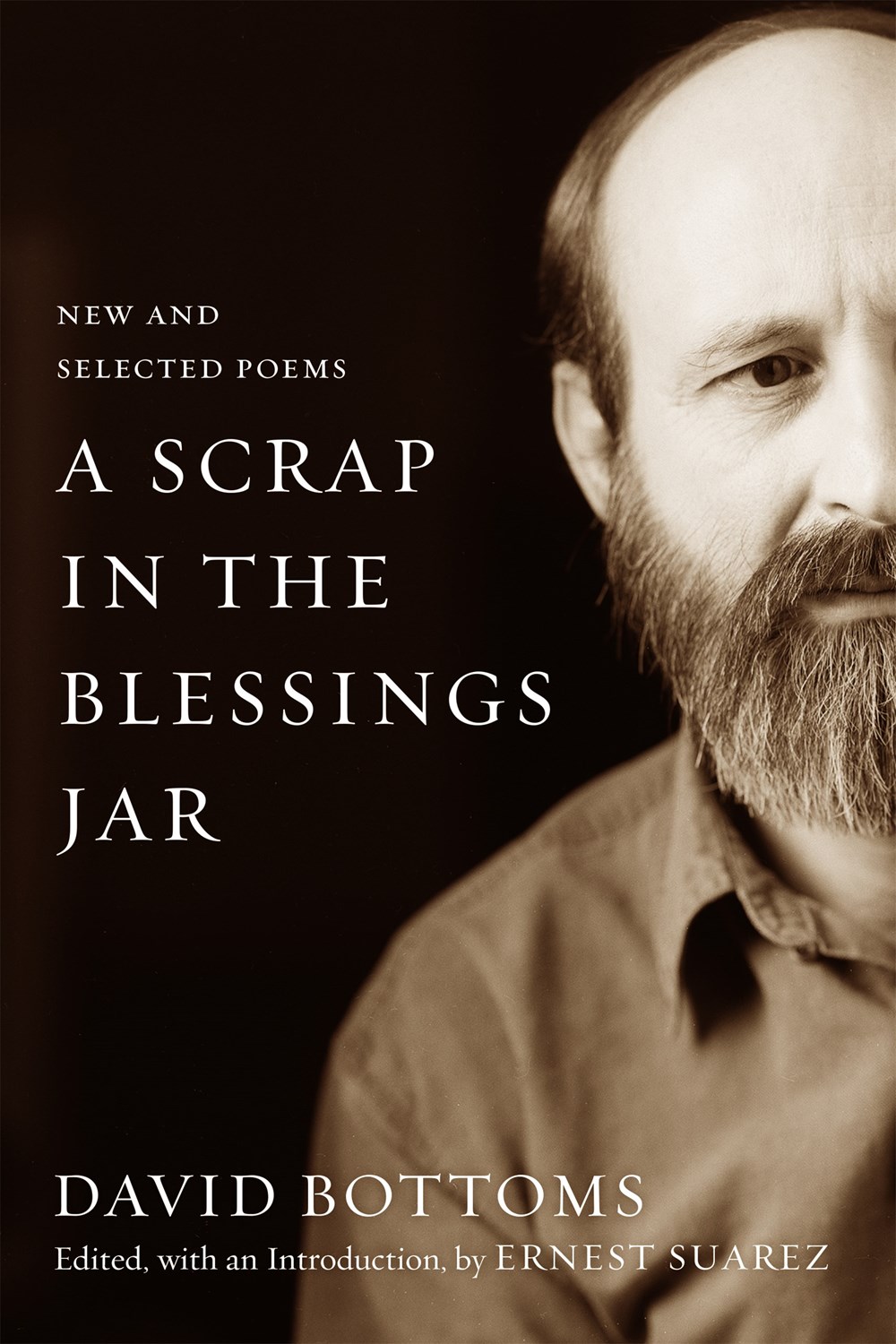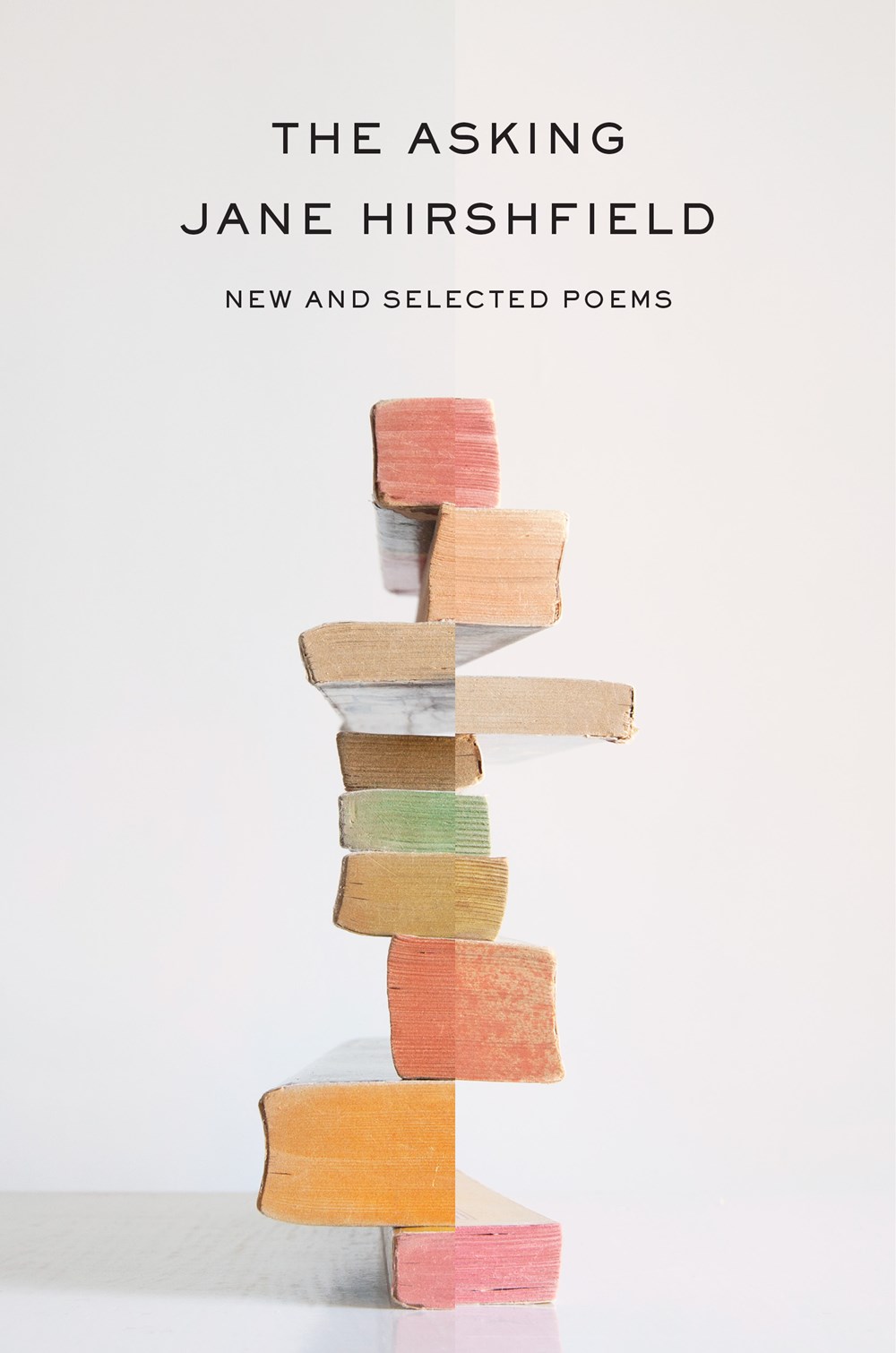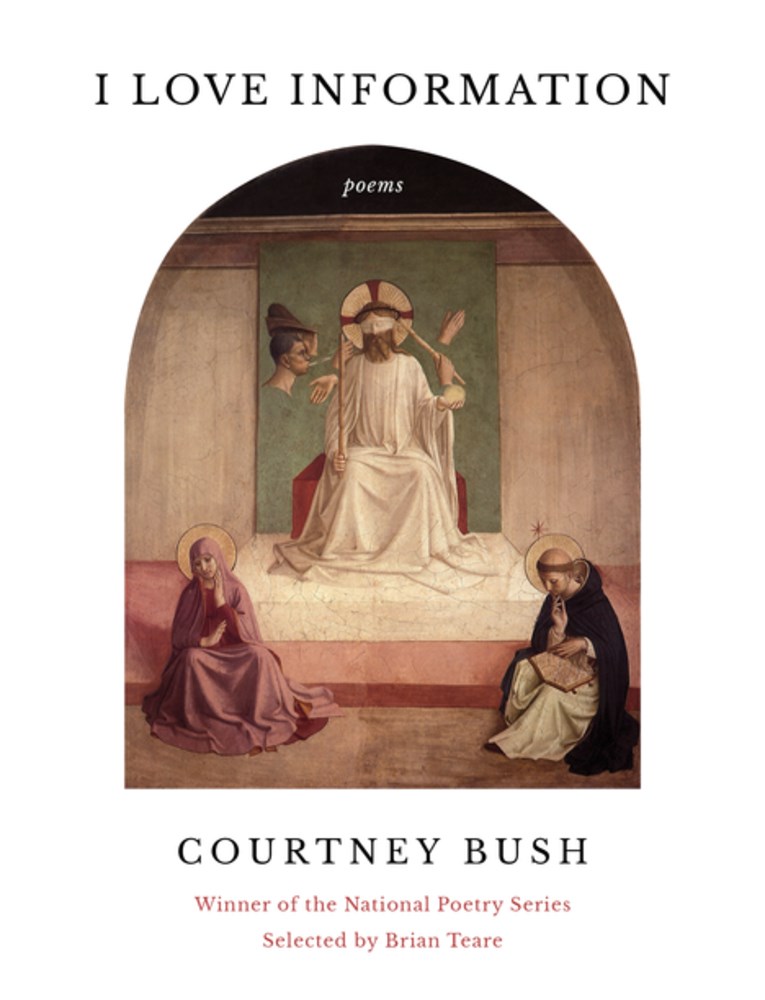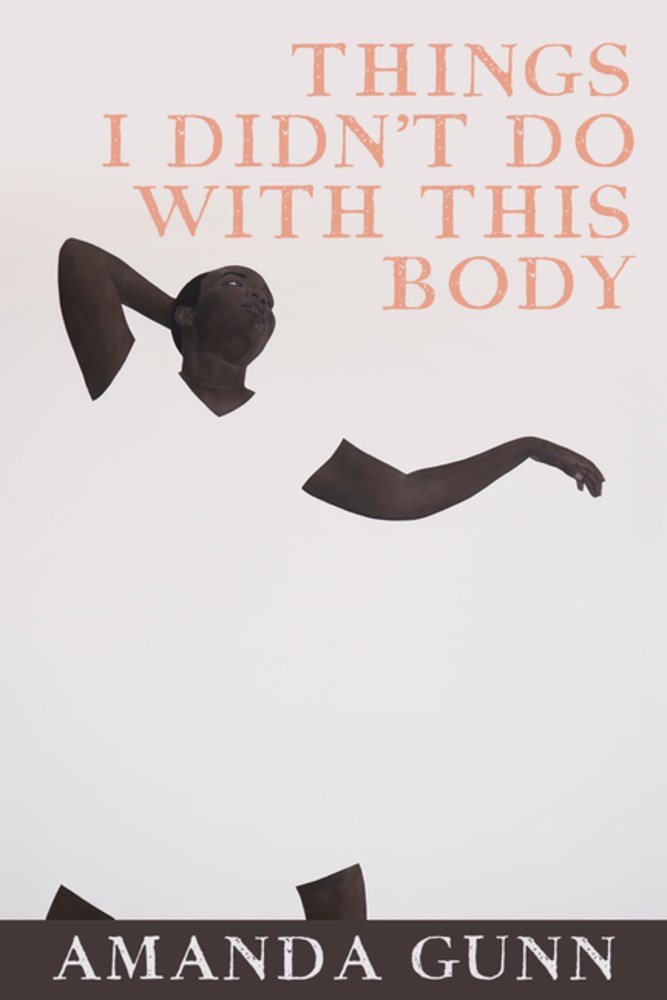Doris Lynch
78 Articles
Last 30 days
Last 6 months
Last 12 months
Last 24 months
Specific Dates
From:
To:
PREMIUM
A Scrap in the Blessings Jar: New and Selected Poems
A collection rich in knowledge about what it means to be human, the rewards and responsibilities of love, and how nature can assuage pain and fear. Highly recommended.
PREMIUM
The Asking: New and Selected Poems
A superb collection from a remarkable poet whose prodigious talent grows with every addition to her oeuvre.
PREMIUM
I Love Information: Poems
Stringing together random-declarative sentences without periods, some seemingly related and others not, does not make for good poetry. Not recommended.
Things I Didn’t Do with This Body
 Occasionally, some one-word titles don’t do justice to the poems, and in a few the rhyming seems overdone, but this poet writes what is vital and necessary. These poems are raw, emotional, and fierce in their rush to get words out into the world. Highly recommended.
Occasionally, some one-word titles don’t do justice to the poems, and in a few the rhyming seems overdone, but this poet writes what is vital and necessary. These poems are raw, emotional, and fierce in their rush to get words out into the world. Highly recommended.
Calligraphies: Poems
 Occasionally, a phrase brushes improbability (“My horse and my notebook think// what I am thinking/ through an orgy of cadence”), but these poems breathe with life; even in a collection this large, the reader stays involved. “On the road,/ cars rarify, whisk by trees that explode/ in redbud, apple blossom, presage fruit”: a poetic journey not to be missed.
Occasionally, a phrase brushes improbability (“My horse and my notebook think// what I am thinking/ through an orgy of cadence”), but these poems breathe with life; even in a collection this large, the reader stays involved. “On the road,/ cars rarify, whisk by trees that explode/ in redbud, apple blossom, presage fruit”: a poetic journey not to be missed.
PREMIUM
The World Behind the World: Poems
Bernard has a sharp, critical eye and an ability to paint a scene quickly while also coloring it with social resonance. Similar word choices occasionally get repeated from poem to poem, but this collection is a marvel, gifting the reader with new subjects, unique perspectives, and an exuberant musicality that nearly leaps across the page. Highly recommended.
PREMIUM
Harbinger: Poems
Though a few are not fully realized, in general these poems balance the dire and dystopian with the joyful and caring, inviting the reader to stay onboard for each new voyage. A collection that should not be missed.
PREMIUM
And Yet: Poems
An uneven poetry collection, but ultimately, the author’s pulse on social mores makes for an interesting read, as does her hard-earned understanding of married love and family life during bleak pandemic times. Recommended for public libraries.
PREMIUM
Midwood: Poems
The mostly short poems featured here often exhibit lively, inviting language, but too many of the poems focus on description, leaving readers hungry for more narrative, more emotion, or the zinging of Prikryl’s best poems. Recommended for larger public libraries and some university collections.
ALREADY A SUBSCRIBER? LOG IN
We are currently offering this content for free. Sign up now to activate your personal profile, where you can save articles for future viewing










